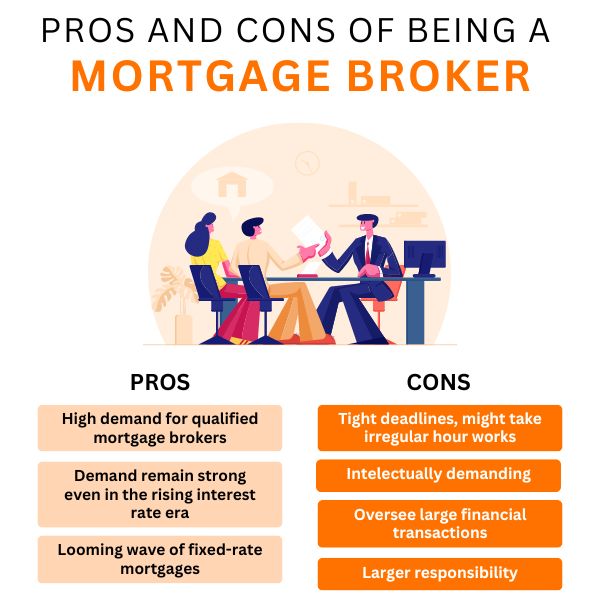Jumbo Loan Options: Tailored Funding for Expensive Properties
Jumbo Loan Options: Tailored Funding for Expensive Properties
Blog Article
Comprehending What a Jumbo Finance Entails and Just How It Varies From Standard Financings
Navigating the intricacies of jumbo lendings discloses a financing choice tailored for those venturing into high-value actual estate, usually surpassing the limitations established by the Federal Housing Financing Firm. The considerable threat associated with big loans requires extra strict certification requirements, consisting of greater credit report ratings and significant down repayments.
Interpretation of Jumbo Car Loans
Jumbo financings are a kind of home loan that go beyond the conforming funding restrictions established by the Federal Housing Financing Company (FHFA) These financings satisfy customers that require to fund residential or commercial properties that are a lot more pricey than what standard car loan limitations enable. The FHFA develops yearly adjusting loan restrictions, and any funding exceeding these limits is identified as a big financing.
Usually, jumbo car loans are used in high-cost real estate markets where home prices significantly go beyond nationwide averages, such as in urban areas or deluxe real estate industries. As these financings are not eligible for acquisition by Fannie Mae or Freddie Mac, they bring fundamental risks for lending institutions as a result of their larger size and non-conformity (jumbo loan). Subsequently, lending institutions typically impose extra rigid certification criteria for big car loans than basic conforming finances.
Debtors looking for jumbo loans need to generally show a solid monetary account, including a higher credit report, durable income verification, and significant deposit, usually 20% or more. Furthermore, lending institutions may need extra comprehensive documents to assess the debtor's capacity to manage bigger regular monthly settlements. Understanding the particular features of big car loans is critical for potential customers navigating this sector of the home mortgage market.
Conventional Fundings Introduction
While big finances satisfy high-value home funding, traditional financings stand for the even more usual mortgage option in the real estate market. These lendings are not insured or guaranteed by any government entity, such as the Federal Real Estate Administration (FHA) or the Department of Veterans Affairs (VA) Rather, they are backed by exclusive lending institutions and stick to standards established by government-sponsored business (GSEs) like Fannie Mae and Freddie Mac.
Traditional finances are commonly supplied with dealt with or flexible rate of interest and vary in terms of period, generally covering 15 to thirty years. Customers frequently choose conventional loans for their foreseeable month-to-month repayments, which can help with long-term economic planning. Additionally, they are readily available for key homes, second homes, and financial investment properties, supplying versatility to meet varied customer needs.

Trick Distinctions Between Car Loans
Recognizing the nuances between different types of finances is crucial for potential property buyers browsing the complex home loan landscape. At the leading edge of this decision-making procedure are traditional finances and big loans, each possessing distinct qualities and serving different customer needs. The primary difference rests in the car loan amount. Jumbo car loans surpass the adapting finance restrictions established by the Federal Real Estate Financing Company (FHFA), which vary by region. On the other hand, standard loans abide by these limits and are generally purchased by government-sponsored entities like Fannie Mae and Freddie Mac.

In addition, the deposit requirements can differ significantly. Big financings usually require larger deposits, often surpassing 20%, to minimize threat. Standard loans, conversely, may permit lower down repayments, with some programs accepting as low as 3% for competent purchasers.
Certification Demands
Protecting a jumbo car loan includes satisfying more rigid certification requirements compared to traditional lendings, mirroring the increased threat to lenders. These car loans, which surpass the adjusting finance restrictions set by the Federal Housing Money Agency (FHFA), are not eligible for purchase by Freddie Mac or Fannie Mae, therefore exposing lenders to higher economic danger - jumbo loan. Consequently, customers need to show a high creditworthiness and financial security
A robust credit history, typically 700 or greater, is important for approval. Lenders additionally expect a reduced debt-to-income (DTI) ratio, frequently not going beyond 43%, making sure that customers can take care of considerable monthly settlements alongside various other financial commitments. A significant money reserve is normally called for, typically amounting to 6 months of mortgage repayments, to comfort lenders of the debtor's economic resilience.
Down repayment expectations are likewise raised, often starting at 20% or more of the residential property's worth. While this is a guard for lending institutions, it demands significant ahead of time resources from consumers.
Picking the Right Loan
When choosing the most appropriate funding choice,Navigating the complexity of big financings calls for cautious consideration. With the broader variety of alternatives readily available to those looking for jumbo finances, the decision-making process ought to involve a thorough evaluation of one's monetary profile and lasting objectives. Unlike traditional car loans, click for info jumbo loans usually feature stricter requirements and varied passion prices, which require extensive research and a clear understanding of one's financial standing.
When picking in between different big finance offerings, it is imperative to review the loan terms, consisting of rates of interest, settlement routines, and linked costs. Consumers must compare the prices supplied by different lending institutions to guarantee they protect one of the most positive terms. Furthermore, understanding the implications of taken care of versus adjustable-rate home mortgages (ARMs) is important, as each alternative provides distinct benefits and risks depending on market problems and personal monetary techniques.
Engaging with a financial expert or home mortgage broker can offer valuable insights customized to private situations. These experts can aid in browsing the nuances of jumbo financings, guaranteeing that debtors are educated and equipped to select a financing that aligns with their financial goals, eventually promoting a smoother home-buying process.
Conclusion
In summary, jumbo fundings act as an economic tool for getting high-value residential properties, demanding stringent eligibility requirements and higher rates of interest due to the elevated danger for loan providers. Unlike standard financings, which satisfy FHFA limits and might obtain support from Fannie Mae or Freddie Mac, big finances call for a minimal credit score of 700 and substantial down payments. Recognizing these differences is critical for consumers in high-cost realty markets to establish one of the most appropriate funding choice for their needs.
The FHFA develops yearly adapting funding limitations, and any type of car loan exceeding these thresholds is identified as a big funding.
At the leading edge of this decision-making process are big financings and traditional car loans, each possessing distinctive qualities and offering various customer demands.Safeguarding a jumbo car loan involves fulfilling a lot more strict credentials demands contrasted to traditional lendings, review reflecting the raised risk to lending institutions. Unlike traditional financings, jumbo financings typically come with more stringent demands and differed interest prices, which demand extensive study and a clear understanding of one's financial standing.
Unlike traditional car loans, which adhere to FHFA restrictions and may get support from Fannie Mae or Freddie Mac, big lendings require a minimal credit history rating of 700 and significant down payments.
Report this page